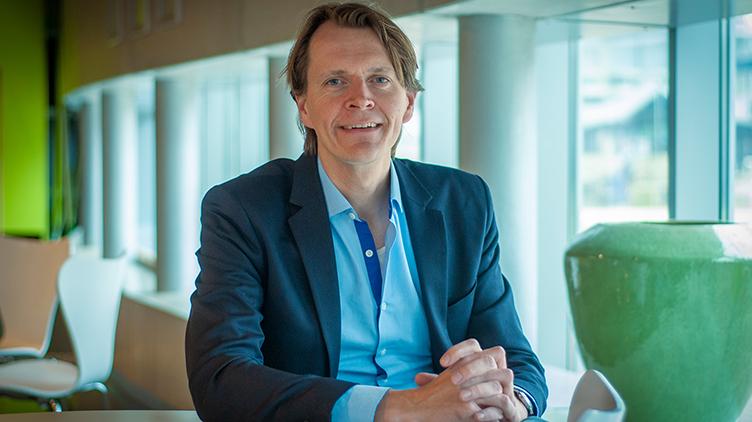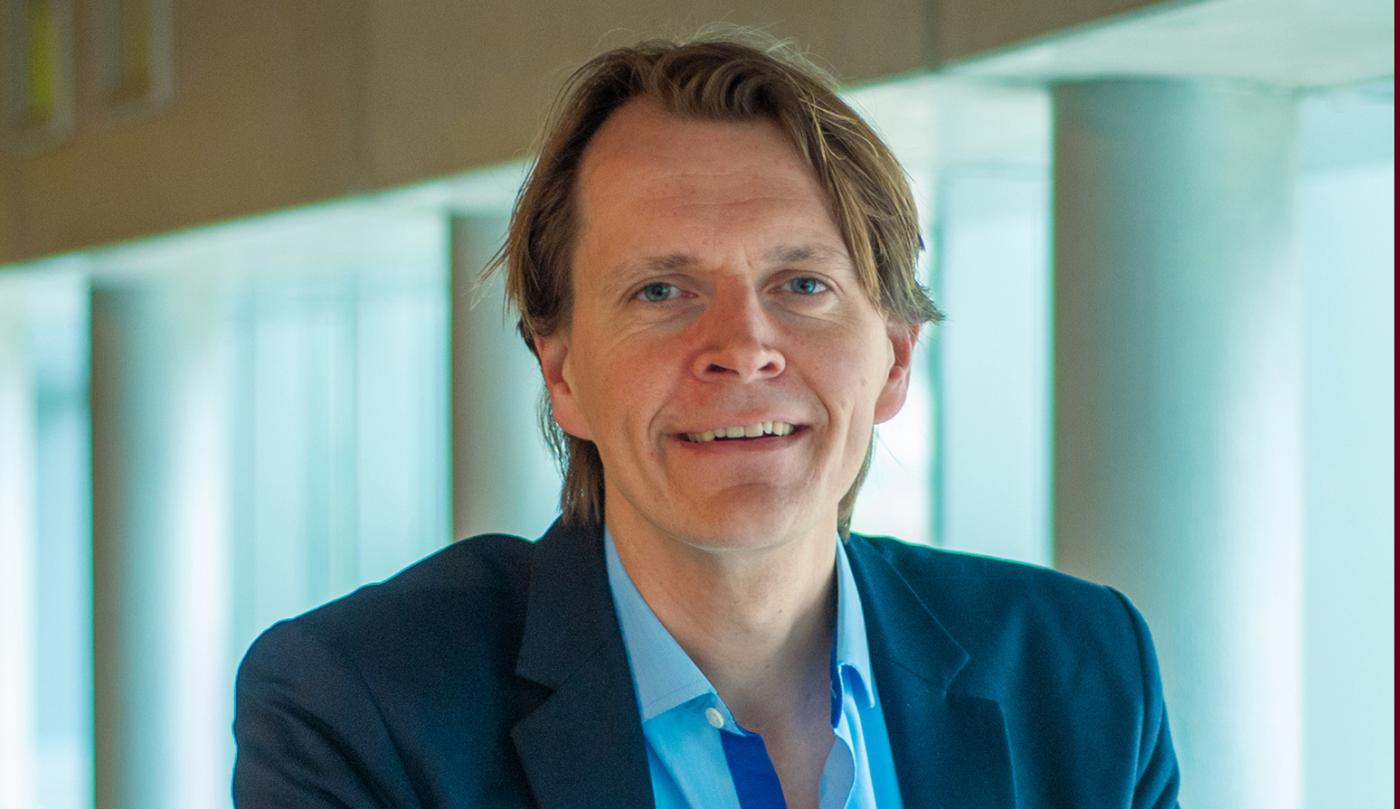The happy academic
Self-help book aims to make stressed-out PhD candidates happier

PhD candidates usually set out on their research path with sky-high ambitions and idealistic plans. But, for many, working in research isn't exactly what they imagined it to be. For starters, it is pretty stressful.

An estimated 40 percent of PhD researchers experience symptoms linked to stress or depression. That has to change, argues Psychiatrist Joeri Tijdink, a member of The Young Academy, an association of prominent researchers who are relatively new to academia. As a "meta-scientist" working at Vrije Universiteit Amsterdam, he examines integrity and trustworthiness in academic research. His new book, titled The Happy Academic, aims to help PhD researchers become happy and successful members of the academic community.
Your book features 34 tips, many of them humorous. For example, you tell readers to stop promoting themselves on their own websites right away. Why did you opt for such a light-hearted tone?
“In all the research I have conducted on academics, I've always been confronted with a lot of suffering: from the pressure to get published to academic misconduct to depression and panic attacks. Academics are often relatively serious souls who tend to put a lot of pressure on themselves. I want to encourage young researchers to take a more light-hearted look at their situation.”
Why is the book aimed at PhD researchers in particular?
“They are the ones facing the most problems. About 30 percent of them bail out before they even finish their research project, which is a terrible waste. Doing a PhD can be so much fun. It can be such a fascinating challenge, even if you don’t pursue an academic career afterwards. As a PhD candidate, you get to spend years working on a topic you're deeply interested in. That really is a privilege. So, it’s such a pity that this particular group encounters so many problems. It’s important to remember that PhD candidates are the future of academic research. They still have a lot to learn, of course, but they also have the freshest ideas and the most creative insights, which makes me even sadder to see them so discouraged.”
The book is highly critical of academic culture. You could have chosen to write a full-on critique, yet you opted for a self-help book instead.
“People have been talking about these painful realities for decades: universities are too hierarchical, the pressure to publish is too intense, there is not enough supervision, and the lack of funding for research means that competition is fierce. These past few years, universities have gradually been moving in a different direction with the so-called "recognition and reward" initiatives. But that shift is far from complete. So, those major, structural realities still affect PhD researchers on a daily basis. That’s why I wanted to help them.”
What kind of action can PhD students themselves take?
“University hierarchies make it so that academics who are ill-suited to influential positions can occupy them nevertheless, and for a long time. If your department head is a narcissist, it’s useful to know how best to deal with someone like that, without suffering any adverse consequences. It is also worth considering how to be productive without having to work day and night, and how to support each other as academics instead of seeing each other purely as rivals.”
In your book, you advise readers to stop working with people who make them feel miserable. But PhD candidates are very dependent on senior researchers. What can they do if that working relationship becomes a struggle?
“If you have the chance to pick your own supervisor, the most important thing is to find someone with whom you feel a connection. If you don’t have that option – for example, because your project is already linked to certain researchers – make a point of exchanging ideas and collaborating with people you do get along with throughout those three or four years. You often have more options than you think, even in the most challenging situations.”

A few self-help tips for PhD candidates
- Research is also an exercise in rejection: that’s something you're going to have to learn to deal with
- Accept that academic research is never perfect
- Stop using social media excessively
- Don’t romanticise an academic career
- Making mistakes is all part of the process! You are not the sum of your results
- Get used to having to modify your opinion or academic outlook at times
- Share your problems with others
- Think about something other than work: minimise overtime and go exercise or practice sports instead
- Take early-warning signs of an anxiety attack or burnout seriously
- Remember to have fun and enjoy what you do
The Happy Academic, VU University Press, 24.50 euros. The book is an adaptation to English from Joeri’s book Wetenschapper op de sofa (Researcher on the sofa, Ed.).